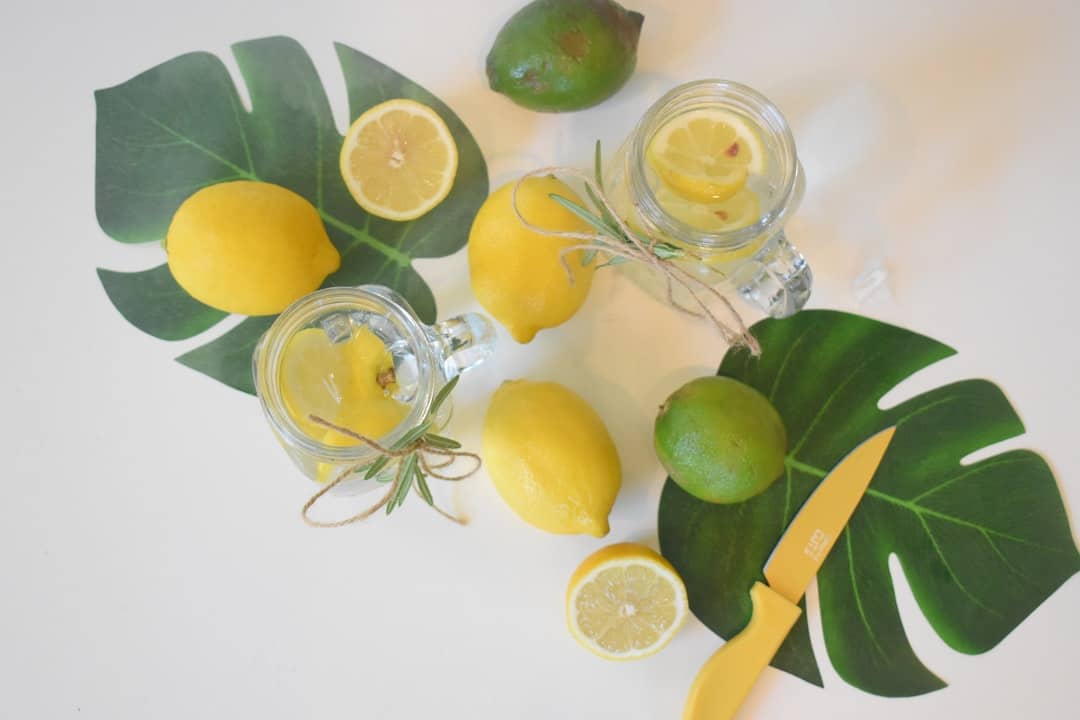|
IN BRIEF
|
When it comes to cooking, even the little things matter, like lemon zest ! You’re probably wondering: how much does a lemon zest weigh? This may seem trivial, but when recipes require details such as 10 grams of zest, it can lead to some questions. How many lemons is that? In this little zest journey, we’ll explore the approximate weight of a zest and shed some light on the amazing delicacy of this citrus fruit. Get ready to zest with me!
How much does a lemon zest weigh?
Ah, lemon! This sparkling citrus fruit that enhances our dishes and gives a touch of freshness to our drinks. But when it comes to using the lemon zest, we can ask ourselves a simple question: how much does a lemon zest weigh? In this article, we will explore this question while discovering tips on how to prepare it and its use in cooking. Hold on tight, because you’re going to learn a little more about this gastronomic must-have.
Dimensions and weight of lemon zest
The weight of a lemon peel obviously depends on the size of the fruit itself. Generally, a yellow lemon medium weighs around 150 to 200 grams. If we consider that to zest a lemon, we only remove the thin skin, the zest can weigh between 1 and 2 grams. This small amount may seem insignificant, but it is full of flavors and aromas!
How to get lemon zest?
For zest a lemon, nothing could be simpler! Simply use a vegetable peeler or fine grater. By gently peeling the skin of the lemon, you make sure you don’t reach the white part which is bitter. For recipes calling for zest, usually just one whole lemon is enough, or use several to get the desired amount. For example, if your recipe calls for 10 g of zest, you could easily need 2-3 lemons, depending on their size! For detailed tips on zest, you can take a look here: How to zest a lemon.
Uses of lemon zest in cooking
Lemon zest is a real treasure in the kitchen. In addition to adding an explosion of tastes, it can enhance the flavor of many sweet and savory dishes. Whether in a cake, on pancakes, or even as a seasoning for meats, it gives this unrivaled touch of freshness. Some chefs even use dice candied lemon zest to bring a sweet and sour note to their dishes. Moreover, you can easily obtain diced candied lemon zest, like those offered by Sosa, in 1.5 kg trays. A real treat!
Nutritional value of lemon zest
Besides being delicious, lemon zest is also low in calories. For a 100 g portion of zest, there are approximately 51 kcal. It also contains fiber and essential oils that are beneficial for health. However, it is essential to consume it in moderation, as a small amount is usually enough to get that citrine touch in your dishes. If you’re wondering what the calorie equivalent of other zests might be, don’t hesitate to explore fruit and vegetable databases.
Fischer Zester in commercial products
Don’t want to bother zesting yourself? No problem ! You can opt for commercial products such as grated lemon zest offered by Dr. Oetker, which comes in 12 gram sachets and will be more than enough for your preparations. You can easily find it here: grated lemon zest.
Conclusion on the weight of lemon zest
In short, knowing the weight of a lemon peel may seem trivial, but it is actually a passport to dishes full of freshness and taste. The next time you cook, don’t hesitate to stock up on zest, whether fresh or in a commercial product, and let yourself be seduced by their irresistible aroma!

Have you ever needed to add lemon zest to your recipes, but wondered how much it actually weighs? The zest, that thin zesty layer that provides an explosion of flavor, can vary in weight depending on the size of the lemon. Don’t worry, I’m here to clear it all up and give you practical tips for measuring your zest to perfection!
General weighing of the zest
In general, the weight of a lemon peel is not very high. In fact, it revolves around 2 to 5 grams for a medium sized lemon. This helps you roughly estimate how much you need for your dishes, especially if a recipe calls for specific grams of zest.
Comparison with other citrus fruits
Did you know that orange zest also weighs a little more than lemon zest? For recipes that call for zest, keep in mind that the weight will differ depending on the citrus fruit. In fact, lemon zest tends to be more polymorphic and less bulky than that of other citrus fruits like lime or even grapefruit!
How to get the best zest
To properly zest a lemon, choose a vegetable peeler or a microplane, which will make the task much simpler. Start by washing the lemon thoroughly to remove pesticide residue. Once zested, you can easily weigh it to ensure you have the desired quantity. So, you will be ready to dazzle your guests with a refined lemony taste!
Use of ready-to-use products
If you don’t have the patience to zest yourself, know that there are many zest products available on the market, such as grated lemon zest from Dr. Oetker or even cubes of candied lemon zest from Sosa. These alternatives can save you time while adding that delicious touch of flavor to your dishes. You can easily find them on online sales sites like Valrhona Selection Or Epices.com.
Nutrition under the zest
Finally, it is good to note that in addition to providing a most delicious flavor, lemon zest is also rich in vitamins and in antioxidants. Around 500 grams of zest provides 51 calories, which makes it very nutritious for a slight taste enhancement.
Comparison of the weight of lemon peel according to different sources
| Source | Weight of lemon zest |
| Standard recipe | 10g |
| Fresh lemon zest (medium) | About 1 lemon = 2 g |
| Grated lemon zest Dr. Oetker | 12 g for the sachet |
| Sosa Diced Lemon Zest | Total weight 1.5 kg |
| Dried lemon zest | Approximately 90 g for a sachet |
| Lemon peel flakes | 90 g per box |

- Average weight of a lemon: About 180g
- Zest per lemon: About 2 to 5 g
- For a recipe: 10 g of zest is equivalent to 2-5 lemons
- Nutritional value: 51 kcal per 100 g of zest
- Packaging: Lemon zest in 5×5 mm dice (1.5 kg)
- Products on sale: Lemon zest flakes, powders, grated
- Use : Aroma in baking and cooking

FAQ: How much does lemon zest weigh?
How much zest is needed for a recipe? In general, for a recipe calling for around 10 g of lemon zest, this is equivalent to the peel of one or two medium lemons.
How much does a whole lemon weigh on average? A yellow lemon weighs on average around 180 g, which can vary depending on its size and origin.
How much does grated lemon zest weigh? A bag of grated lemon zest Dr. Oetker weighs 12g, which is usually enough to flavor 250g of flour or 500ml of liquid.
Can you use candied lemon zest? Yes ! You can order dice from candied lemon zest in a tray, for example 1.5 kg from the Sosa brand, perfect for desserts.
What is the nutritional value of lemon zest? THE lemon zest contains few calories, around 51 kcal per 100 g, and also contains interesting fiber.
How to get lemon zest? To get zest, use a peeler or grater to remove the skin from the lemon, being careful not to touch the white part, which is bitter.
What is the difference between zest and zest? THE zest corresponds to the colored skin of the citrus fruit, while the zist is the white part, less aromatic.





